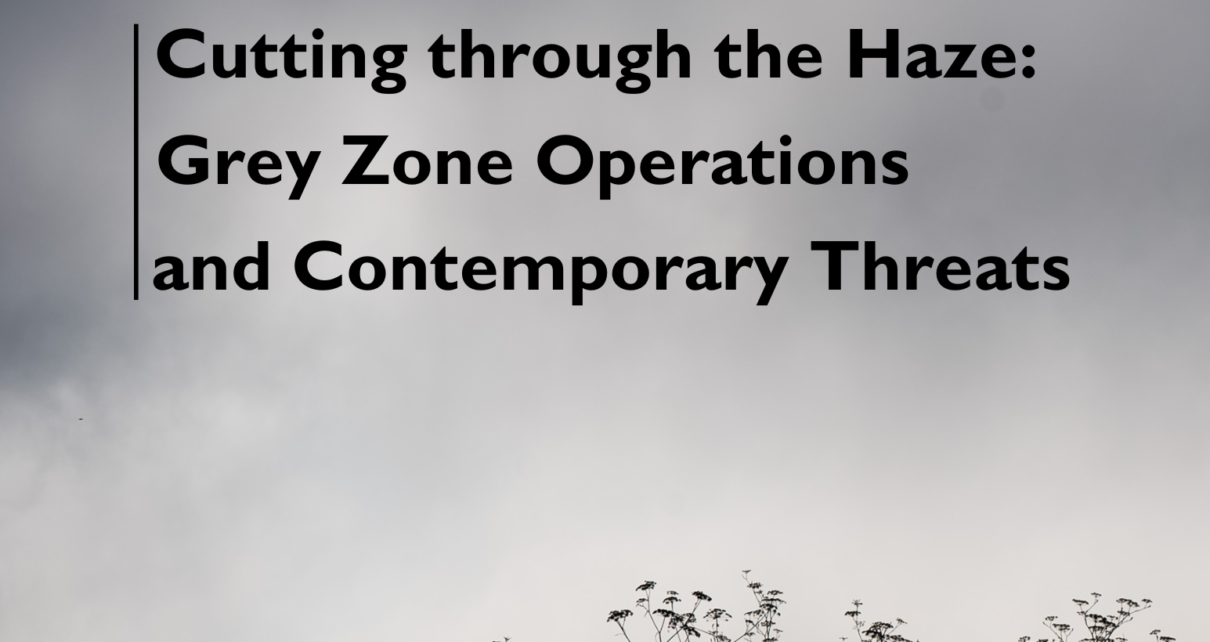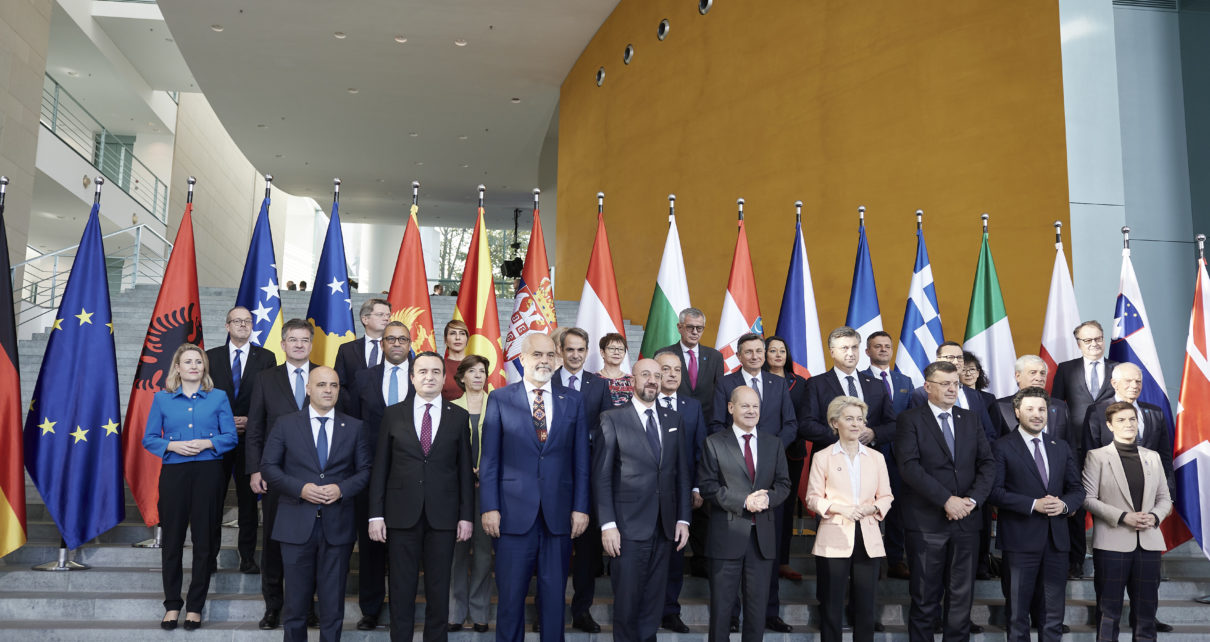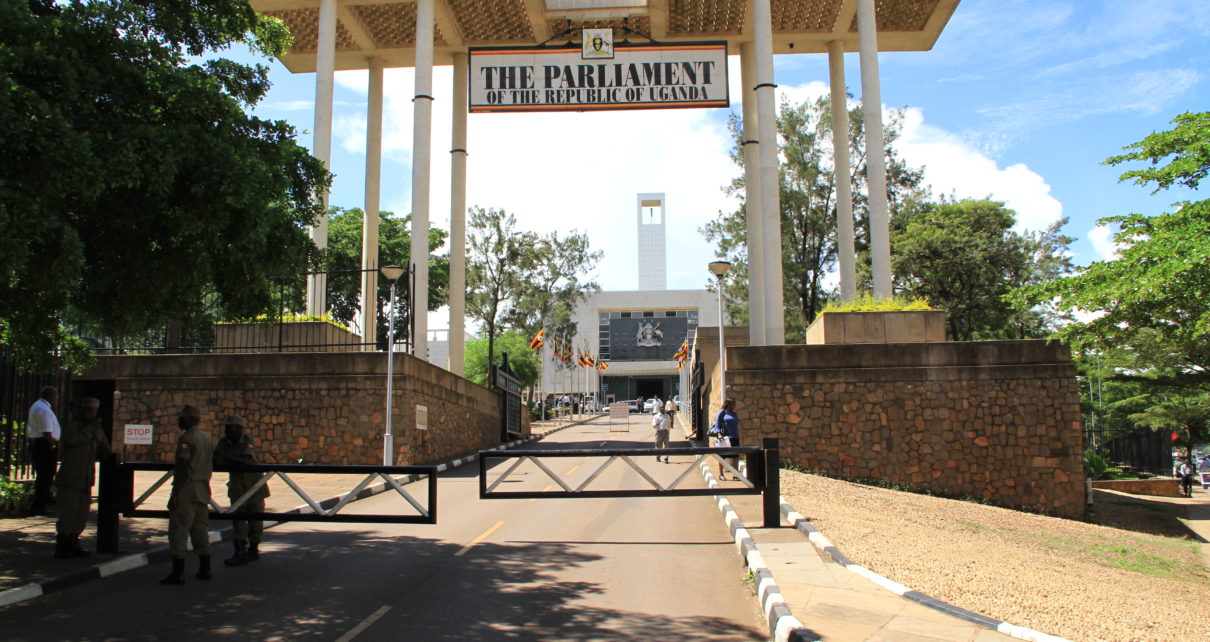With the growing reach of social media and communication technologies, misinformation and disinformation have become so prevalent that it can now be difficult to discern between what is true and false. While “misinformation” refers to false information, “disinformation” denotes the deliberate propagation of false claims. One of the most recent disinformation crises to grip society Read More…
Tag: Disinformation
Summer 2023 NATO Association of Canada-Canadian Army Journal Co-Publication Released
The NATO Association of Canada is pleased to announce the publication of its summer 2023 publication, Cutting through the Haze: Grey Zone Operations and Contemporary Threats. Produced in collaboration with the Canadian Army Journal (CAJ), the volume explores grey zone operations and other dimensions of today’s threat landscape. The grey zone, which the volume describes Read More…
Hybrid Threats in the Western Balkans: Implications for NATO and Transnational Security
In this article, NATO Association Program Editor Megan Keli analyzes the use of hybrid warfare in the Western Balkans. Through disinformation campaigns, cyber attacks, local media partnerships, and the like, external actors threaten NATO enlargement in the region and transnational security.
What’s Up, Doc?: The Viral Spread of the Digital Infodemic
In his speech at the Munich Security Conference on February 15, 2020, World Health Organization (WHO) Director-General Tedros Adhanom Ghebreyesus stated: “we’re not just fighting an epidemic; we’re fighting an infodemic.” Social media platforms are flooded with false information, half-truths, and conspiracy theories, all of which shaped the online environment during the COVID-19 pandemic. This, coupled with post-truth politics, Read More…
From the Internet to Ashes: Disinformation and the Tigray War
What does war in the Tigray region show about the future of disinformation in ethnic and regional conflicts? In this article, Jack Burnham discusses the role of gas-lighting and other information warfare techniques in the Horn of Africa’s most recent outbreak of hostilities.
No Better Friend, No Worse Enemy? The Marine Corps’ New Information Warfare Strategy
How does the US Marine Corps (USMC) intend to conduct information warfare over the coming decade? In this article, Jack Burnham discusses the USMC’s Force Design 2030 initiative and its focus on countering disinformation and operating in the Indo-Pacific region.
“A Splendid Little War” Great Power Competition, Disinformation, and the Spanish-American War
What is the relationship between disinformation and great power competition? In this essay, Jack Burnham discusses the legacy of the Spanish-American War and the “yellow press” through the lens of great power politics, and its lessons for contemporary policymakers.
Like Father, Like Son? Disinformation and the Marcos’ Legacy
How did Ferdinand Marcos Sr.’s son win power in the Philippines? In this article, Jack Burnham discusses the country’s recent presidential election, Ferdinand Marcos Jr.’s victory, and the role of disinformation in Filipino politics.
Deception, Deceit, and the Dictator’s Dilemma: Russia, Iraq, and Authoritarian Propaganda
Why is the propaganda of authoritarian regimes often so blatantly false? In this article, Jack Burnham discusses Russia’s disinformation campaign surrounding the emerging global food crisis across the Middle East and Africa, Saddam Hussein’s influence operations, and the politics of dictatorship.
Fighting Familiar Wars on Foreign Shores: Disinformation, the American Right, and Uganda
How can disinformation be used to stifle human rights? In this article, Jack Burnham discusses the connection between Uganda’s anti-homosexuality laws and the intervention of members of the American evangelical community.










